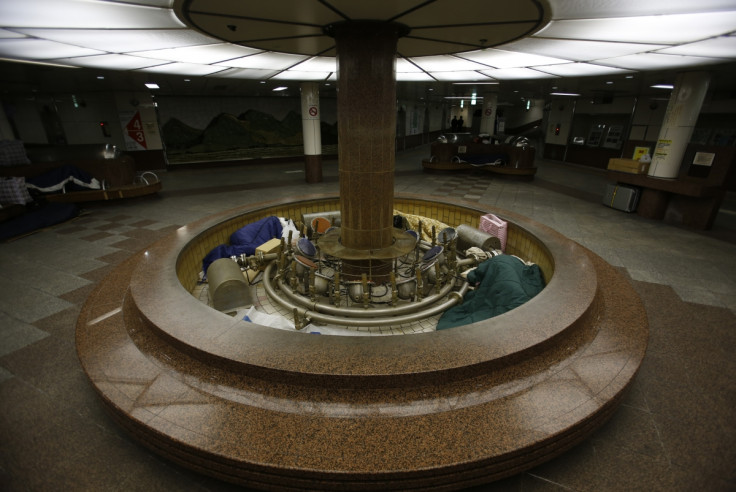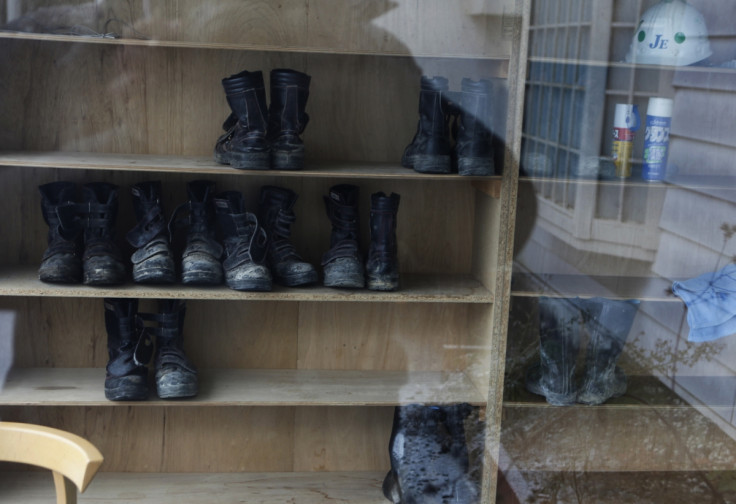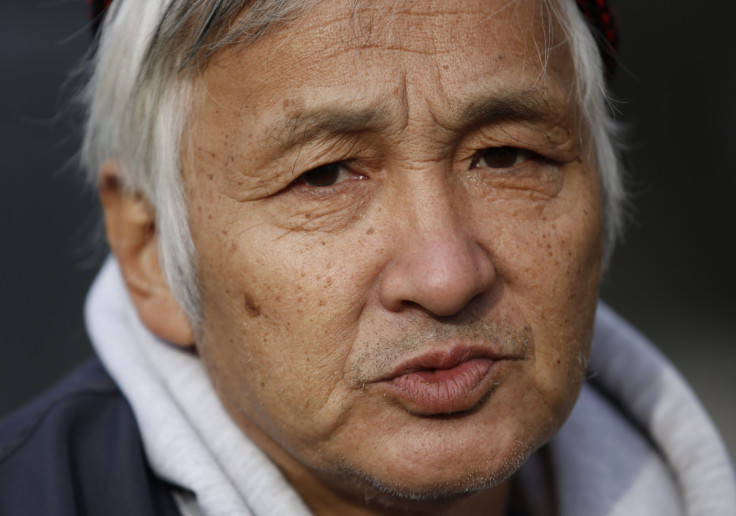Japan: Homeless Used as Slave Labour to Clean Up Fukushima

Homeless people in Japan are being paid less than minimum wage to clean up the Fukushima nuclear disaster, and often end up in debt once their accommodation is docked from wages.
According to a special report by Reuters, the clean-up of the 2011 nuclear spill has become a playing ground for profiteering gangsters who are taking advantage of the need for cheap labour.
One recruiter, Seiji Sasa, explained how he is one of many who visit the Sendai Station every day to round up homeless men desperate for food and shelter as temperatures drop to near freezing.
Sasa is paid $100 (£60) per person he recruits to work on the $35bn taxpayer-funded clean-up operation.

Despite being one of the most undesirable jobs in the world, homeless men will accept minimum wage, if not less.
The practice of using homeless has become increasingly prevalent, with Japanese gangsters infiltrating the Fukushima labour broker industry and companies with contracts on the operation.
Most construction companies involved use temporary workers hired by subcontractors run by gangers and illegal brokers.
Arrests were made after the construction giant Obayashi Corporation's decontamination subcontractors were infiltrated, with members of the yakuza illegally sending workers to the site.

In October, men were rounded up and put to work clearing radioactive soil in Fukushima City for less than minimum wage. The most radioactive areas are most lucrative because of the $100 hazard allowance allocated per worker per day.
The report found that problems have risen because no one is taking responsibility for the hiring and safety of staff coming from hundreds of small firms involved in the clean-up.
"In reality, major contractors manage each work site," said Hide Motonaga, deputy director of the radiation clean-up division of the environment ministry.
"If you started looking at every single person, the project wouldn't move forward. You wouldn't get a tenth of the people you need," said Yukio Suganuma, president of Aisogo Service, a construction company hired in 2012 to clean up radioactive fallout in Tamura.

After hiring the homeless, Reuters found that workers are handed on through a chain of companies, during which time just a third of the money meant for wages reached them. After deductions for food and accommodation, some homeless men actually went into debt; others ended up with around $10 each month.
Yasuhiro Aoki, a Baptist pastor and homeless advocate, said: "Many homeless people are just put into dormitories, and the fees for lodging and food are automatically docked from their wages. Then at the end of the month, they're left with no pay at all."
Shizuya Nishiyama, 57, was recruited for clean-up work but said homelessness was a preferable option as he would not get into debt: "We're an easy target for recruiters. We turn up here with all our bags, wheeling them around and we're easy to spot. They say to us, are you looking for work? Are you hungry? And if we haven't eaten, they offer to find us a job."
Speaking to Reuters about the ethics of recruiting, Sasa said: "I don't ask questions; that's not my job. I just find people and send them to work. I send them and get money in exchange. That's it. I don't get involved in what happens after that."
© Copyright IBTimes 2025. All rights reserved.






















